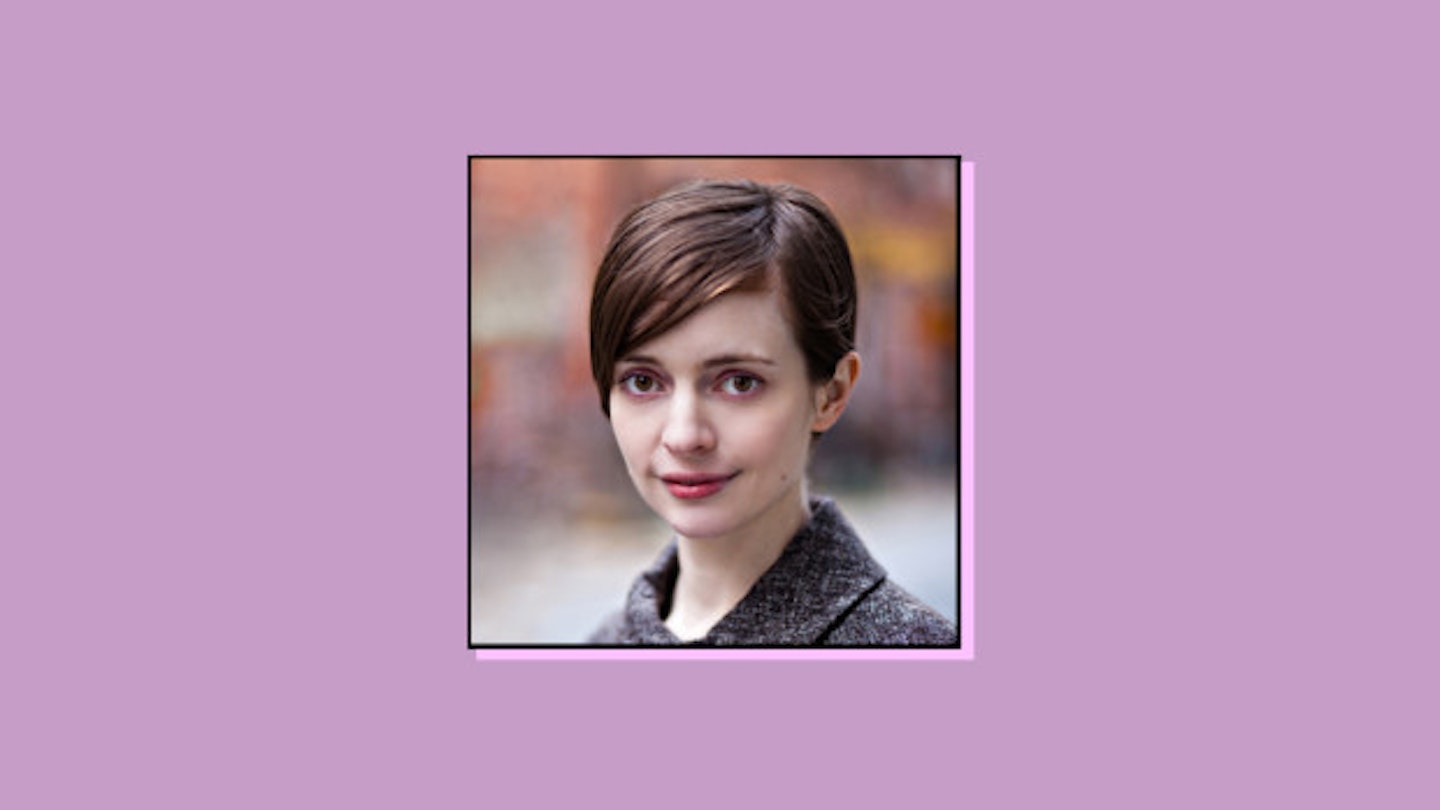STATION 11 is our current obsession: set in a future which has seen 99% of the population wiped out by flu, it follows a group of travelling performers trying to keep storytelling alive. Its author, Emily St John Mandel, talks to us about post-apocalyptic fiction, getting a book written while you still have a job, and how to remember your hotel room number when you’ve been on tour for six weeks.
The Debrief: Was there any particular voice, item, mood, news story that inspired STATION 11? Or was it a combination of things?
Emily St John Mandel: A combination of things. I read an anecdote about an actor dying of a heart attack in the fourth act of King Lear. I wanted to write a love letter to the modern world. I’d been really into post-apocalyptic fiction.
DB: Did you read a lot of post-apocalyptic fiction as a kid or teenager? Was there anything that particularly upset you, or stuck with you?
ESJM: I loved fantasy and speculative fiction. Sometime in my late teens I read the 1960 post-apocalyptic classic A CANTICLE FOR LEIBOWITZ, and it's stayed with me over the years. It opens in a North America that's been blasted back to the Stone Age by nuclear warfare, and I found it fascinating to consider what life in such a radically altered landscape might be like.
DB: Why do you think it is having such a 'moment'? Just a coincidence or has it got something to do with the state of the world at the moment?
ESJM: I've heard a few interesting theories over the past couple of months on the road. The obvious one is that our current interest in post-apocalyptic literature is a natural reflection of the anxiety we feel at this fraught time, this era of climate change and political instability and epidemics. There's probably an element of truth to that idea and its true that the type of apocalypse that appears in post-apocalyptic movies and fiction is usually a reflection of our fears: post-apocalyptic books written at the height of the cold war tended to feature nuclear annihilation, for example.
But on the flip side, when has it ever seemed like the world hasn't been ending? If you even just look the 20th century, there are countless moments when people must have looked around and said, ‘Okay, now is the worst it's ever been’. I was astonished to learn recently that my parents felt guilty about bringing children into the world in the late 1970s and early 1980s, in Canada of all places! In retrospect, it seems like it would have been an utterly tranquil time and place, but of course the cold war was raging.
DB: How on earth do you manage to write with a full time job?
ESJM: My secret is that my job isn't full-time. I work seventeen hours a week as an administrative assistant in a cancer research lab at a university; I have to go in five days a week, but I only have to stay for three or four hours once I get there.
**DB: How are you finding your new found fame? **
ESJM: Success has been interesting and mostly wonderful. It feels incredible to have so many people reading my work and taking it seriously. But I think I hadn't anticipated how many people would want things from me, or how tiring a very long book tour can. I'm not complaining and I am deeply grateful, I'm just saying that after six weeks on the road it was necessary to take a picture of my room number whenever I arrived at a new hotel.
DB: And finally ... what's next?
ESJM: I'm working on my next novel. This year my backlist is being released by Vintage in North America and Picador in the UK, which I'm very happy about. There’ll be lots and lots of travelling I’m sure.
Follow Alexandra On Twitter: @hemmo
This article originally appeared on The Debrief.
